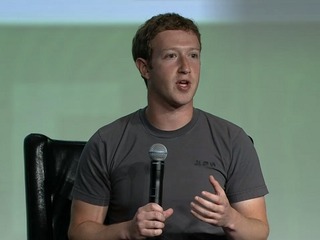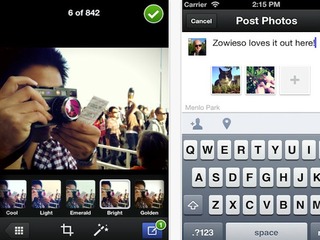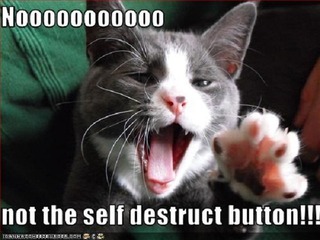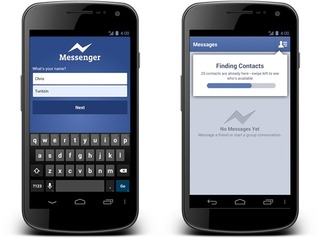The FDA outlines draft guidance on AI for medical devices
The agency also published draft guidance on the use of AI in drug development
Read more...
(Updated to reflect comment from Facebook)
When I first saw the announcement that Facebook was releasing a new app called “Poke,” I thought it sounded like the worst idea I’d ever heard. An app just for poking? Why would anyone want to use that? Does anyone even use poking on Facebook anymore?
Turns out, the new app is a lot more interesting than that. Basically co-opting the name of one of Facebook’s oldest features, the app does indeed allow users to poke each other, but it is also the manifestation of the Snapchat competitor that Facebook was rumored to be developing earlier this week.
Snapchat is a messenger service that allows users to control how long their friends can view a message before it self-destructs, or deletes itself from the phones of both the sender and receiver. While there is the possibility for a screenshot to be taken, the sender will be notified if this happens. Snapchat recently added a video feature to its iOS app. The videos are only allowed be ten seconds or shorter.
Facebook’s Poke app will serve a very similar service, allowing users to send each other messages, photos, or videos that will only have a set time limit before they expire.
“You can poke an individual friend or several at once. Each message expires after a specific time you've set, either 1, 3, 5 or 10 seconds. When time runs out, the message disappears from the app,” Facebook wrote.
While these two apps might seem exactly alike, there could be a crucial difference. With Snapchat, the message is also deleted from Snapchat’s server. With Poke, what happens to the message is not as clear.
Facebook’s Terms of Service states that data that is removed will remain for a certain period of time.
“When you delete IP content, it is deleted in a manner similar to emptying the recycle bin on a computer. However, you understand that removed content may persist in backup copies for a reasonable period of time (but will not be available to others).”
A Facebook spokesperson had this to say when asked if this would still be the case with the Poke app:
"All Poke messages are stored in encrypted form and retained for two days after the last recipient receives the poke -- a process that helps facilitate abuse reporting. After that period, a Poke's encryption key is deleted. However, it may still be possible to recover that key from logs or backups.
After a fixed time period, this key becomes inaccessible, rendering the content completely unreadable, unless it was copied for abuse reporting. Today, that fixed period can be up to 90 days, but we are working to significantly reduce that period over the next several weeks as we verify the stability of the Poke deletion system."
The debut of Poke is another sign of Facebook’s continued commitment to mobile, and is the fourth standalone app that the social network will feature.
Facebook’s first app, separate from its main app, was Facebook Messenger. In March 2011, Facebook acquired Beluga, a free and private group messaging service for iPhone and Android devices, for an undisclosed amount. Beluga was eventually transformed into Facebook Messenger, which was launched in August 2011.
Facebook’s second stand alone app was Instagram, which it purchased for $1 billion in April.
After that it debuted its stand-alone Camera app for iOS, with 14 different filters such as cool, light, and copper, in May. The app also let users tag friends and locations, add a description, and post quickly within the app. In essence, it was an Instagram copy made by the company that had just bought Instagram.
Facebook has two camera apps, and will now feature two messenger apps. As I wrote previously, it seems to me that it would have made more sense for Facebook to just add a similar feature into the existing Messenger app, rather than trying to get users to download two apps that do something very similar.
(Image source: https://www.appguru.com)
The agency also published draft guidance on the use of AI in drug development
Read more...The biggest focus areas for AI investing are healthcare and biotech
Read more...It will complete and submit forms, and integrate with state benefit systems
Read more...





